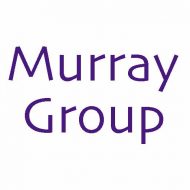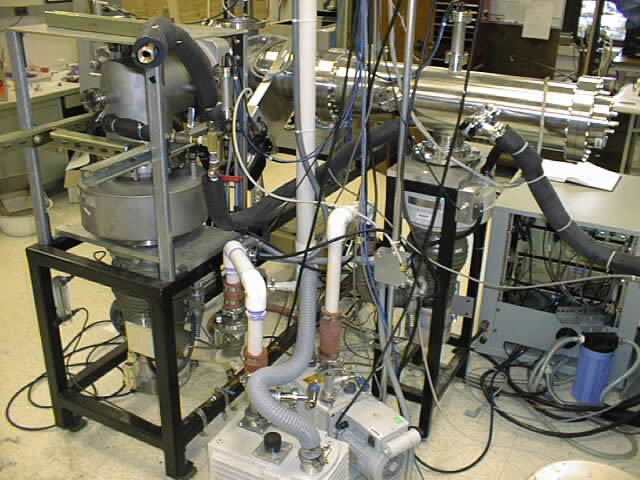National Science Foundation
DNA Sequencing by Aerosol Laser Ionization Mass Spectrometry
- CHE-9624616
- $285,000
- Role: PI
- 3/1996-12/2000
Abstract
This Faculty Early Career Development (CAREER) project, supported in the Analytical and Surface Chemistry Program, seeks to develop mass spectrometry (MS) as a DNA sequencing tool using a combination of aerosol liquid sample introduction and matrix- assisted laser desorption/ionization (MALDI) time-of-flight MS. During the tenure of this four-year continuing grant, Professor Murray and his students at Emory University will exploit the advantages of this approach including no need for radioisotopes, fluorescence or chromophore tagging of DNA, or sample preparation. This makes it easy to automate and single charged fragments can be rapidly separated using the time-of-flight MS. Problems inherent in aerosol MALDI to be obviated by the proposed techniques include analyte fragmentation, poor limits of detection and inadequate mass resolution. Professor Murray’s educational plan involves revamping the undergraduate instrumental analysis course at Emory University. Introduction of a MALDI MS into this course is planned. On a broader scale the entire undergraduate curriculum in chemistry at Emory University is undergoing revision and reorganization due to the rapid growth in faculty and in student enrollment. Cross disciplinary courses in biochemistry and enhanced opportunities to have undergraduates engaged in research are planned. Professor Murray has already started a graduate scientific instrumentation course that will be expanded to involve more active use of the World Wide Web resources in this course. He is also in charge of the seminar program and the analytical cumulative exam program at Emory University and these vehicles will be used to promote research interest among the graduate students. The field of DNA sequencing is especially active in many areas of science for a host of reasons. Professor Murray’s goal to develop a better technique for DNA sequencing via this CAREER research project will expose students at Emory University to a research frontier that is moving quickly and that has the potential for enormous impact. The integration of this science between the normal educational and research venues is exciting and the progress of this work will be interesting to follow.

